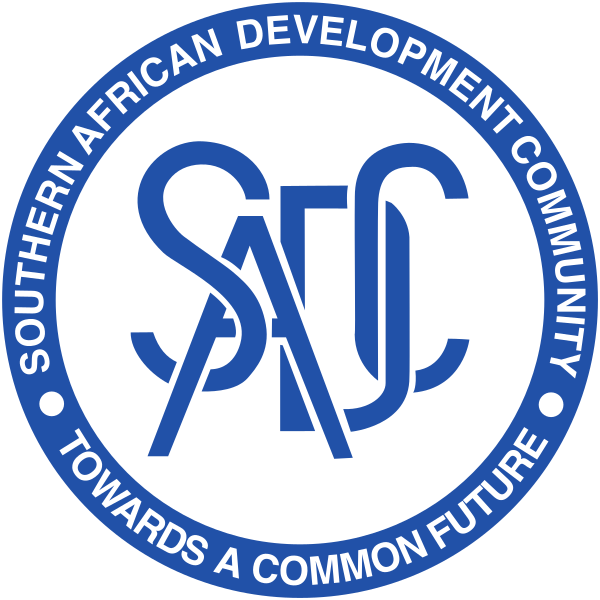With Registration of Lake 601 on the Regional Catalogue, Lake Ag Can Now Market to All 16 SADC Nations.
“We had zero experience. These were our first productions in Zambia,” says Lake Agriculture’s Managing Director Mike Jackson, referring to the Southern African Development Community (SADC) Harmonized Seed Regulatory System (HSRS), an initiative meant to align seed quality assurance standards among the SADC Member States, thus cutting down on the red tape.
Lake Agriculture (aka, Zambia Crop Genetics Ltd) had been wanting to produce its hybrid maize seed variety Lake 601 in Zambia and Tanzania in 2018, having already released and produced it in South Africa and Mozambique.
Seed Trade Project Facilitates the Registration of Lake 601 Maize Seed Variety
While successful in South Africa, Lake Agriculture had not registered Lake 601 in Zambia or on the SADC Seed Variety Catalogue, limiting the seed company from further distribution beyond South Africa and Mozambique. Zambia’s National Seed Authority (NSA), the Seed Control and Certification Institute (SCCI), informed the seed company about the issue.
In May 2018, Lake Agriculture approached the Feed the Future Southern Africa Seed Trade Project Chief of Party, Dr. Itai Makanda, while in Johannesburg for the SADC Technical Seed Committee meetings, seeking assistance on registering their hybrid maize seed variety on the SADC Seed Variety Catalogue. In partnership with the SADC Seed Committee, the Seed Trade Project worked with Lake Agriculture to successfully register Lake 601, and in June 2018, the variety was accepted for regional listing and added to the Catalogue. In 2019, the Seed Trade Project awarded a grant to Lake Agriculture in a risk sharing partnership to pilot seed production under the SADC HSRS.
Mr. Jackson lauded the flexibility and seed market access that comes with registering crop varieties on the SADC Seed Variety Catalogue, stressing that the partnership with the Seed Trade Project has been hugely beneficial, allowing his seed company to network with different institutions and people. “From a networking perspective, I have met key people from many of the different institutions that we deal with. Often as a small seed company, you don’t get to meet the correct people. The result is difficulty in trying to get things done.”
According to Seed Trade Project Chief of Party, Dr. Itai Makanda, Lake Agriculture is one of the best examples of how any sized seed company can benefit from registering their seeds on the SADC Seed Variety Catalogue. “Now that Lake Agriculture is producing seed under the SADC HSRS, including registering seed varieties on the SADC Seed Variety Catalogue, they can produce in Zambia without the minimum two-year testing period requirement. Having the private sector buy-in on the SADC HSRS means the system works and is self-sustaining.”
Improved Maize Seed on Target for Export to Mozambique
Lake Agriculture has planted 53 hectares of seed maize which is expected to exceed the 200 MT target for export to Mozambique. “The good news is that the yield will be above the 5 MT/ha target. The crop in the Mkushi field has improved and the farm supervisors have said it looks like one of their best seed productions in years, which is positive,” says Mr. Jackson. The seed maize is at physiological maturity, currently drying off in the field.
Other private seed companies participating in piloting the SADC Seed Certification and Quality Assurance system are Zimbabwe Super Seeds Cooperative Company which is producing sugar bean variety NUA 45, and Peacock Seeds of Malawi producing hybrid maize seed for export to Mozambique and Botswana. All three seed companies are expected to export between September – November 2020.
About the Seed Trade Project
The Feed the Future Southern Africa Seed Trade Project is funded by the USAID Southern African Regional Office and provides targeted technical assistance to facilitate the implementation of the SADC Harmonized Seed Regulatory System, which aims to boost seed trade across the region, integrating smaller and more isolated national seed markets into one broader SADC market. The Seed Trade Project is part of a regional policy effort to improve agricultural productivity, food security, and nutrition in the SADC region.

